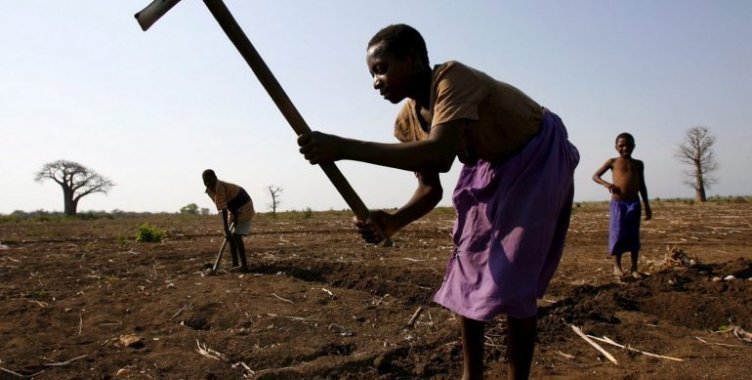The Government has created several plans to promote national production, namely Planagrão, which aims to leverage the production of grains on a large scale, with priorities for corn, soy, wheat and rice in the east of the country, Planapecuária and Planapescas, the implementation of which, stressed the businessman, must be accompanied by businessmen.
"We have to study the 'modus operandi', we participated in the creation, but we want to participate in the 'modus operandi', how is this going to be done, how is it going to be financed, how is it going to be certified, who is going to do the 'follow up' of these operations, otherwise this is just another program like the others", he said, when speaking at the V conference promoted by the magazine Economia & Mercado, which addressed the theme "Agro-industry, the National Strategic Reserve and the Reasons why we continue Depending on Imports".
The businessman underlined that the country has evolved in recent years, but "the critical issues remain pending".
"Our 'modus operandi', our lack of technical training, our lack of scientific investigation and our lack of respect for superior decisions – there is not a minimum of respect for them, we arrive at the superior decision and the execution is like each one understands", are still challenges for the sector, pointed out Carlos Cunha.
For the entrepreneur, technical-professional training and research are instruments "which are normally omitted".
"We have a deep lack of knowledge, it is the most expensive interest we pay in companies, it is lack of knowledge and then nothing is investigated, there is no credible scientific research, we do not have it, the country does not have this research", he reinforced.
Still on the plans to promote agricultural production, the president of the Associação Agro-pecuária de Angola (AAPA), Wanderley Ribeiro, considered them "very important answers from the executive" regarding the problems that the sector faces.
Wanderley Ribeiro pointed out as a major challenge the "apathy of the banking sector" to finance the economy, considering that the Government took this responsibility upon itself, an effort that he considered "quite expressive".
However, the representative warned of the need to look at the goals that are defined in these plans, as they seem "in some cases excessively optimistic".
"In this case, the Planagrão, for example, is a five-year plan, this year it's already underway, we don't know when the funds will be released and implementing an agriculture project, infrastructure a farm, is something that takes time, at least one to two years", he pointed out.
"If Planagrão has a five-year perspective, the first two years are already shaken in relation to the ability to be able to see expressive results, it is clear that we will work with companies that already have some expression in the sector, but we are very excited and expectant in relation to our ability to collaborate and work together", he expressed.
The Government will implement a set of measures to facilitate the private sector's access to productive financing, through the Development Bank of Angola (BDA), which will make 5.7 billion dollars available to Planagrão, of which 3.3 billion dollars for financing the private sector and the remainder for public investments linked to the project, for Planapecuária 300 million dollars and the same amount for Planapescas.
The objective is to reach, by 2027, the production of 6.1 million tons of wheat, rice, soy and corn, 110 thousand tons of beef, 120 thousand tons of pork, 310 thousand tons of goat meat, more than 240 thousand tons of lamb meat, 3.1 million eggs and 17 million liters of milk, 752 thousand tons of fish and 473 thousand tons of salt.







